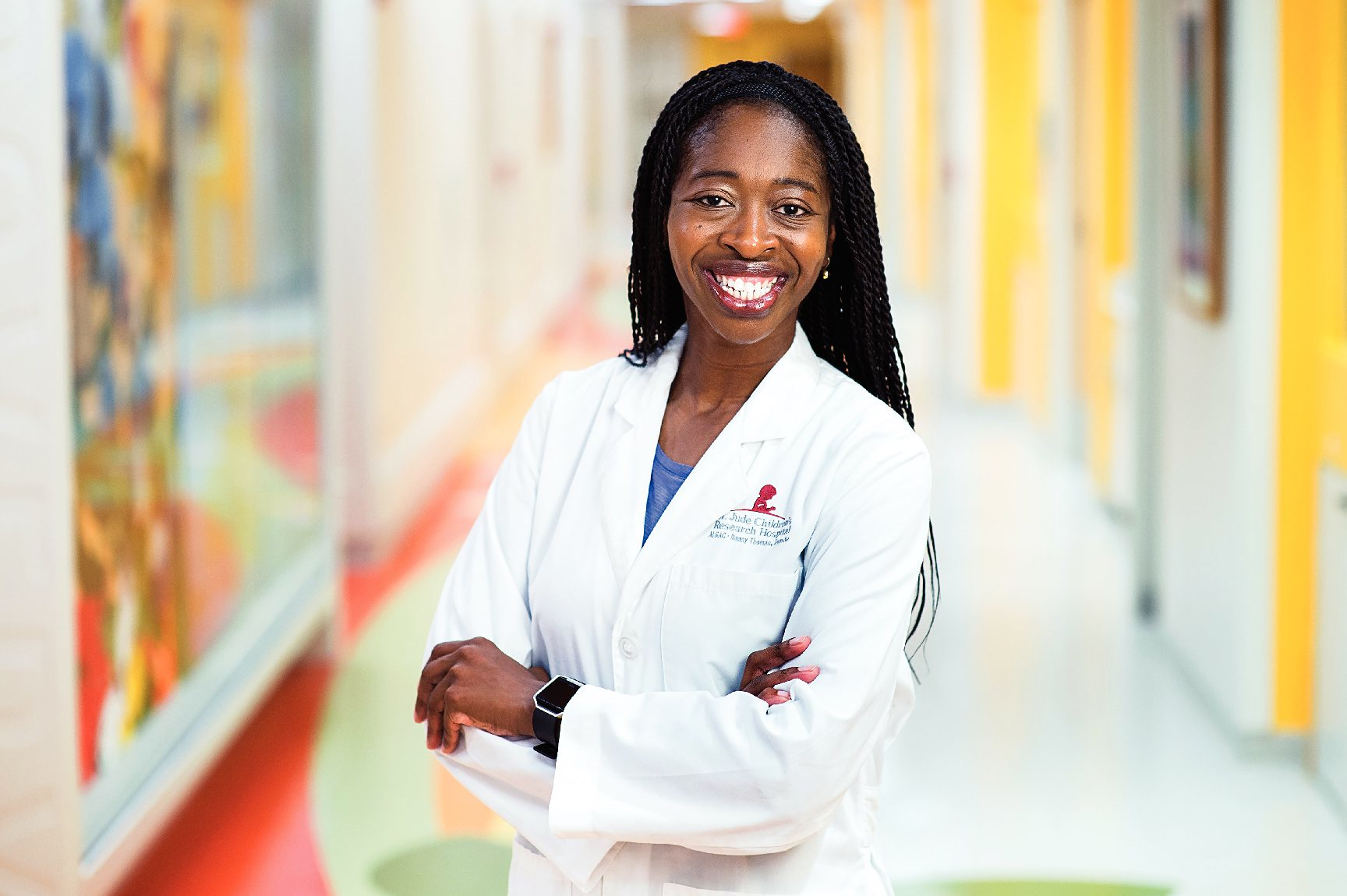A Legacy in the Laboratory
The memory of a young cancer patient lost drives Dr. Esther Obeng to search for cures for all the patients to come
By Hannele Rubin

Esther Obeng, M.D., Ph.D.
While working as a postdoctoral fellow at Dana-Farber/Boston Children’s Cancer and Blood Disorders Center in 2011, Esther Obeng, M.D. ’07, Ph.D. ’05, treated a 13-year-old girl with bone marrow failure whose dream was to play for the U.S. women’s national hockey team.
A bone marrow transplant to treat the girl’s aplastic anemia was failing. Despite her age, Dr. Obeng remembers the patient was matter-of-fact about her disease and treatment, intelligent and inquiring.
“When she passed away, she had touched people in every department in the hospital who had ever met her,” Dr. Obeng said. “Through her, I learned about bone marrow failure, as well as the limitations of the only existing treatments for bone marrow failure syndromes including MDS, bone marrow transplants and chemotherapy. It made me think about the interrelationship between genetics and mutations, which at the time we didn’t know a lot about.”
So began Dr. Obeng’s focus on understanding how blood stem cells acquire mutations and developing treatments that harness functional genomics in targeting pre-leukemic cells. Now an assistant member of the faculty at St. Jude’s Children’s Research Hospital in Memphis, Tennessee, she received the American Association for Cancer Research’s Gertrude B. Elion Cancer Research Award last year for the quality of her work.
A NEW HYPOTHESIS
“The award is enabling me to test a new hypothesis that different mutations, specifically the gene that I study, which is SF3B1, can cooperate with genes that affect DNA methylation,” she said.
Dr. Obeng’s research relies on multidisciplinary collaborations involving pathologists, translational researchers, basic scientists and clinicians who are helping to identify patients with specific mutations.
“Access to large numbers of patients with these mutations has helped us narrow down key targets for therapy,” Dr. Obeng said, “while big datasets, such as the National Cancer Institute’s Cancer Genome Atlas program, have helped identify patterns in past mutations and build an infrastructure for precision medicine.”
Dr. Obeng’s interest in medicine began in her seventh-grade science class and accelerated during high school in Delray Beach, Florida. To fulfill her high school’s required service hours, she volunteered in local hospitals, nursing homes, and a research lab.
COMBINING CLINICAL CARE WITH RESEARCH
Her passion for medicine led Dr. Obeng to the University of Miami’s B.S./M.D. program, and then on to the Miller School of Medicine’s M.D./Ph.D. program because it allowed her to build a career that combined clinical care with research.
“My time as a graduate student at the University of Miami made me the physician I am today,” Dr. Obeng said. “My Ph.D. mentor, Dr. Lawrence Boise, taught me the basics of biomedical research and worked with me on my first grant from the Howard Hughes Medical Institute. He helped fulfill my desire of being able to help take care of patients in the future, in addition to the patients we have in front of us.”
That mission is what drives her research today, along with the memory of a young girl who just wanted to play hockey.
“I want to do better,” Dr. Obeng said. “For her.”


